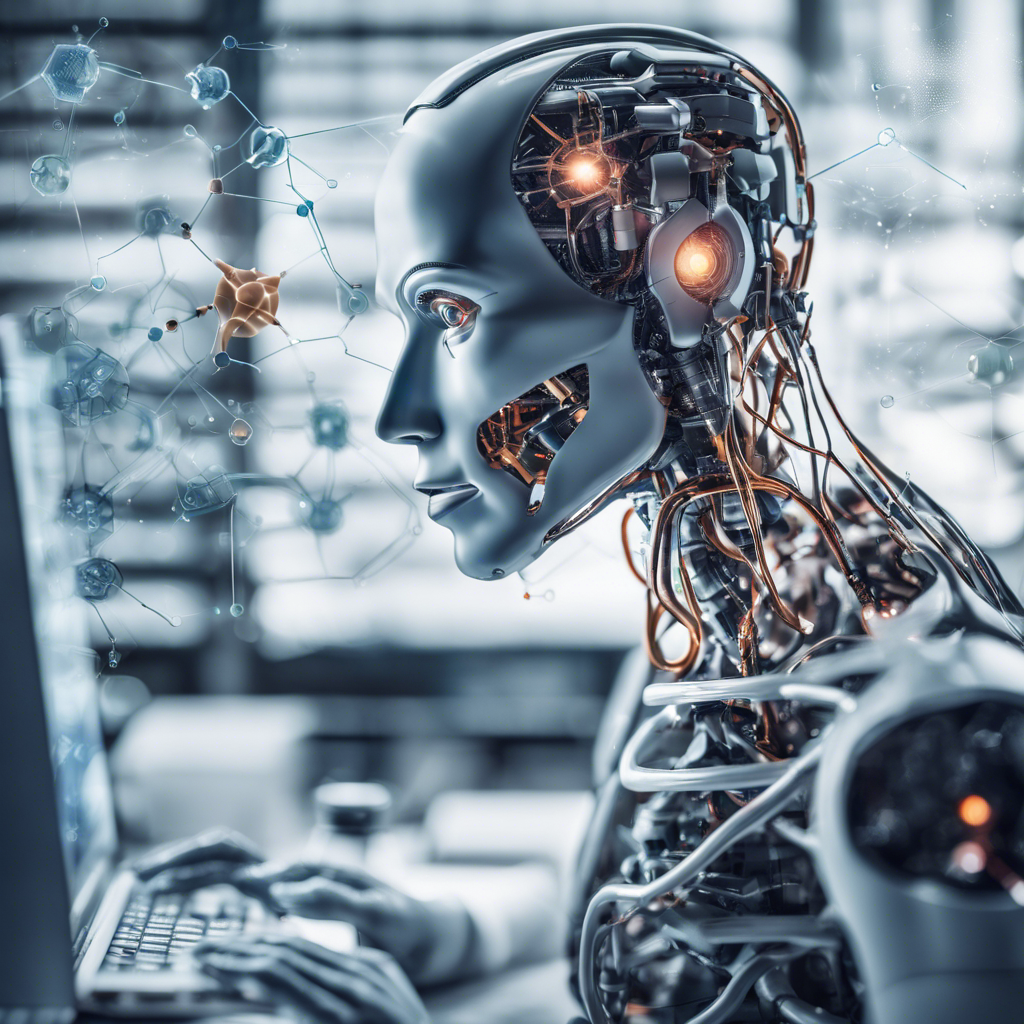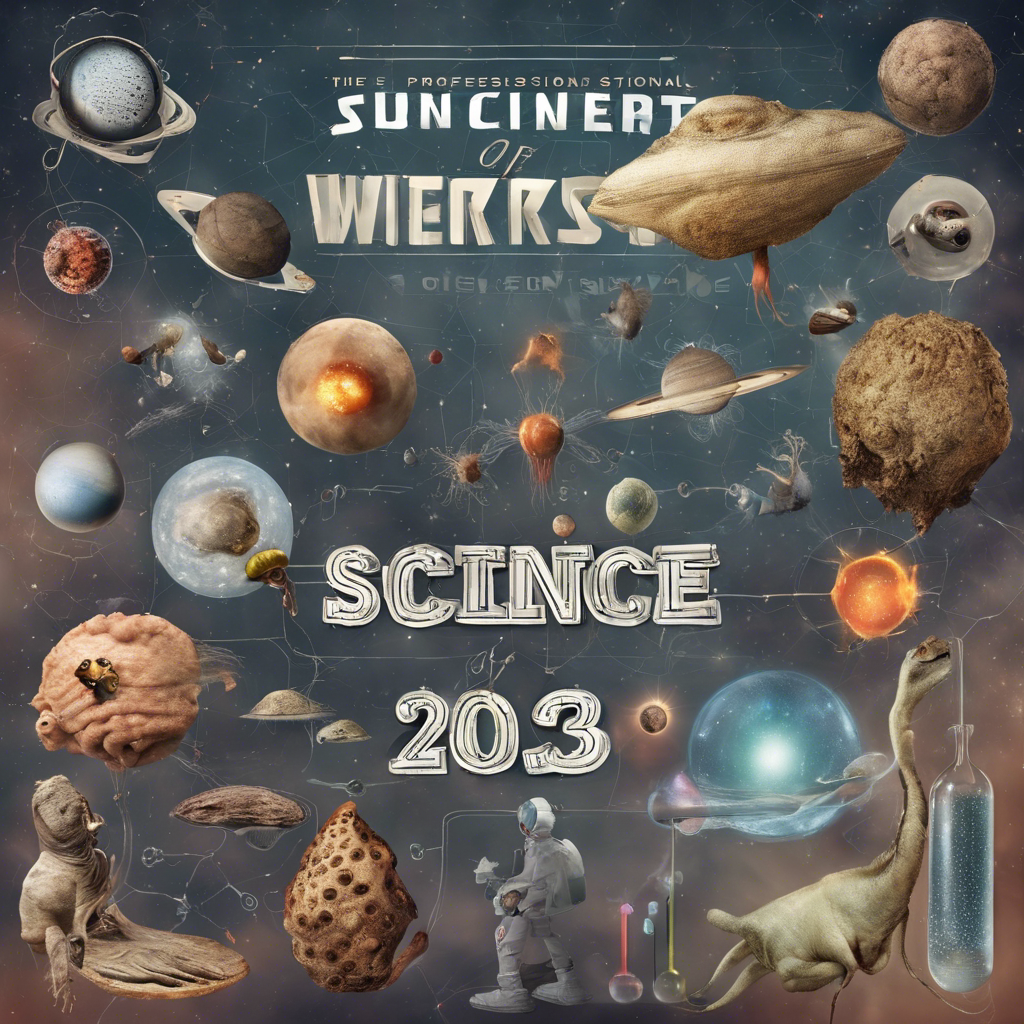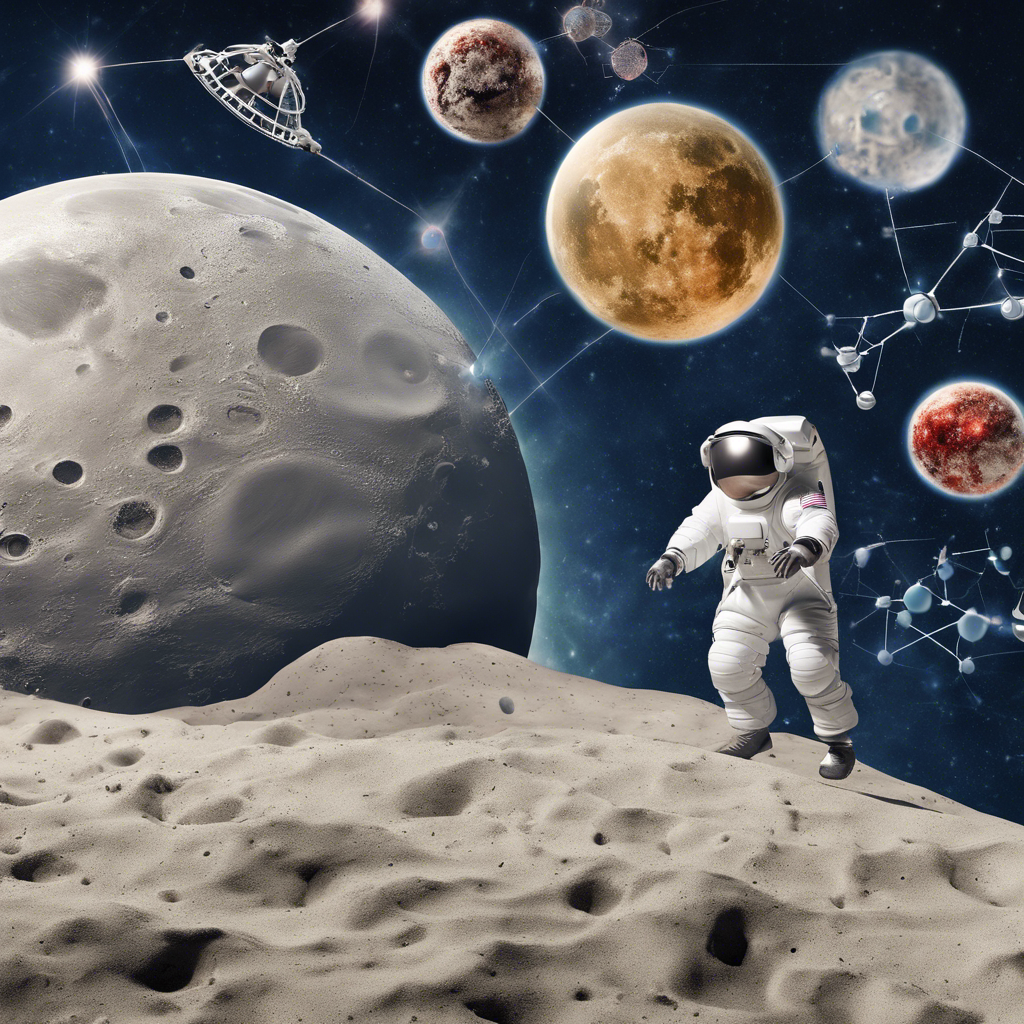The Rise of AI in Science: Accelerating Discoveries and Challenging Understanding

Artificial intelligence is revolutionizing scientific research, from drug discovery to astrophysics, but its opaque nature raises questions about the nature of knowledge and understanding.
In recent months, artificial intelligence (AI) has made significant strides in various scientific disciplines, transforming the way researchers approach complex problems. From drug development to predicting tropical storms and analyzing brain scans, AI is accelerating the pace of scientific discovery. However, as AI models provide answers without clear explanations, they challenge the traditional notion of understanding in science. This article explores the impact of AI on scientific research, its potential benefits, and the epistemic dilemmas it presents.
AI in Medicine:
Insilico Medicine, a biotech company, has developed a pill for a chronic lung disease using AI models. By leveraging AI, the company was able to identify a new target for treatment and synthesize molecules for the drug, significantly reducing the time it takes to bring a drug to market. While AI holds promise for faster drug development, the lack of transparency in AI models raises concerns about their effectiveness and potential biases.
AI in Molecular Biology:
DeepMind’s AlphaFold, an AI model, has revolutionized protein folding, a crucial process in biology. By predicting the three-dimensional structure of proteins, AlphaFold has the potential to aid in the development of vaccines, antibiotics, and cancer treatments. However, the opacity of AI models poses challenges in understanding the underlying mechanisms driving these predictions. Researchers are working to demystify AI models to ensure their reliability and interpretability.
AI in Other Scientific Disciplines:
AI is transforming various scientific fields, including neurobiology, astrophysics, and quantum physics. Neural networks trained on images and text are helping neuroscientists understand how the brain processes information. AI is also assisting astronomers in processing vast amounts of data from the universe, enabling the discovery of new phenomena. In quantum physics, AI helps researchers identify unknown events by filtering out familiar observations. These advancements showcase the potential of AI to push the boundaries of scientific research.
The Epistemic Dilemma:
While AI accelerates scientific discoveries, it challenges the traditional scientific method by providing answers without clear justifications. AI models, often referred to as “black boxes,” detect patterns in massive datasets, making it difficult for researchers to understand the reasoning behind their predictions. This lack of transparency raises concerns about the reliability and trustworthiness of AI-generated knowledge. Scientists are striving to unravel the inner workings of AI models to ensure their validity and to bridge the gap between AI-generated knowledge and human understanding.
Building New Models of Knowledge:
To address the epistemic challenges posed by AI, researchers are working to develop new models of knowledge. By studying AI models and their responses, scientists hope to gain insights into biological systems and improve our understanding of complex phenomena. The long-term vision includes combining AI models with physical experiments to create “self-driving labs” that generate hypotheses, plan experiments, and analyze results. This collaboration between humans and AI could redefine the scientific process and lead to new breakthroughs.
Limitations and Ethical Considerations:
Despite its potential, AI has limitations. It heavily relies on large, curated datasets, which can be lacking in certain scientific disciplines. Additionally, the real world is often more complex than AI simulations, making it challenging to translate AI-generated knowledge into practical applications. Ethical considerations, such as biased datasets and limited applicability to diverse populations, also need to be addressed to ensure the equitable and responsible use of AI in scientific research.
Conclusion:
Artificial intelligence is revolutionizing scientific research, accelerating discoveries, and pushing the boundaries of what is possible. However, the opacity of AI models challenges the traditional understanding of scientific knowledge. Researchers are striving to unravel the inner workings of AI models to ensure their reliability and interpretability. As AI continues to shape the scientific landscape, building new models of knowledge and addressing ethical considerations will be crucial to harnessing its full potential while maintaining scientific rigor and understanding.





